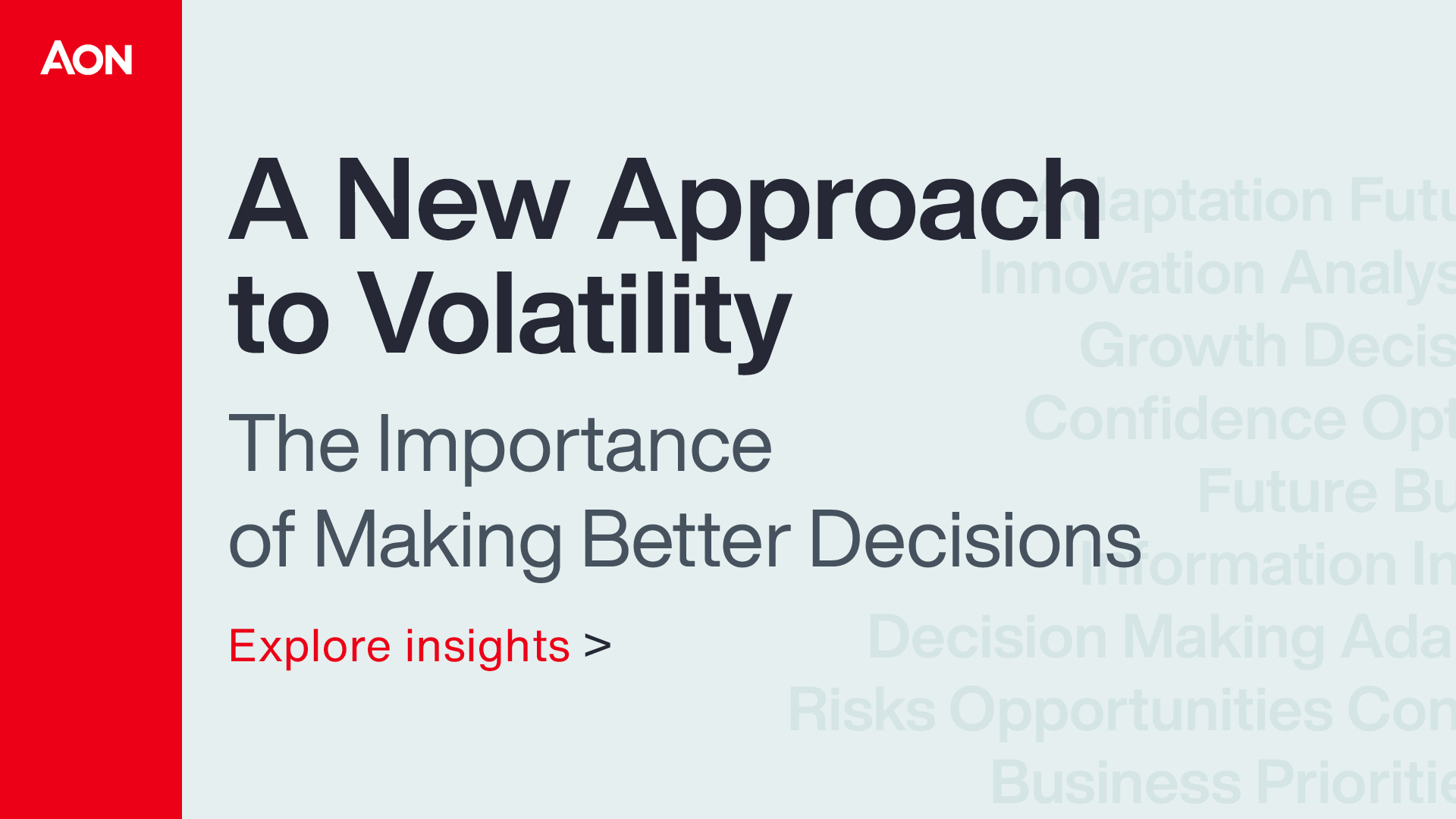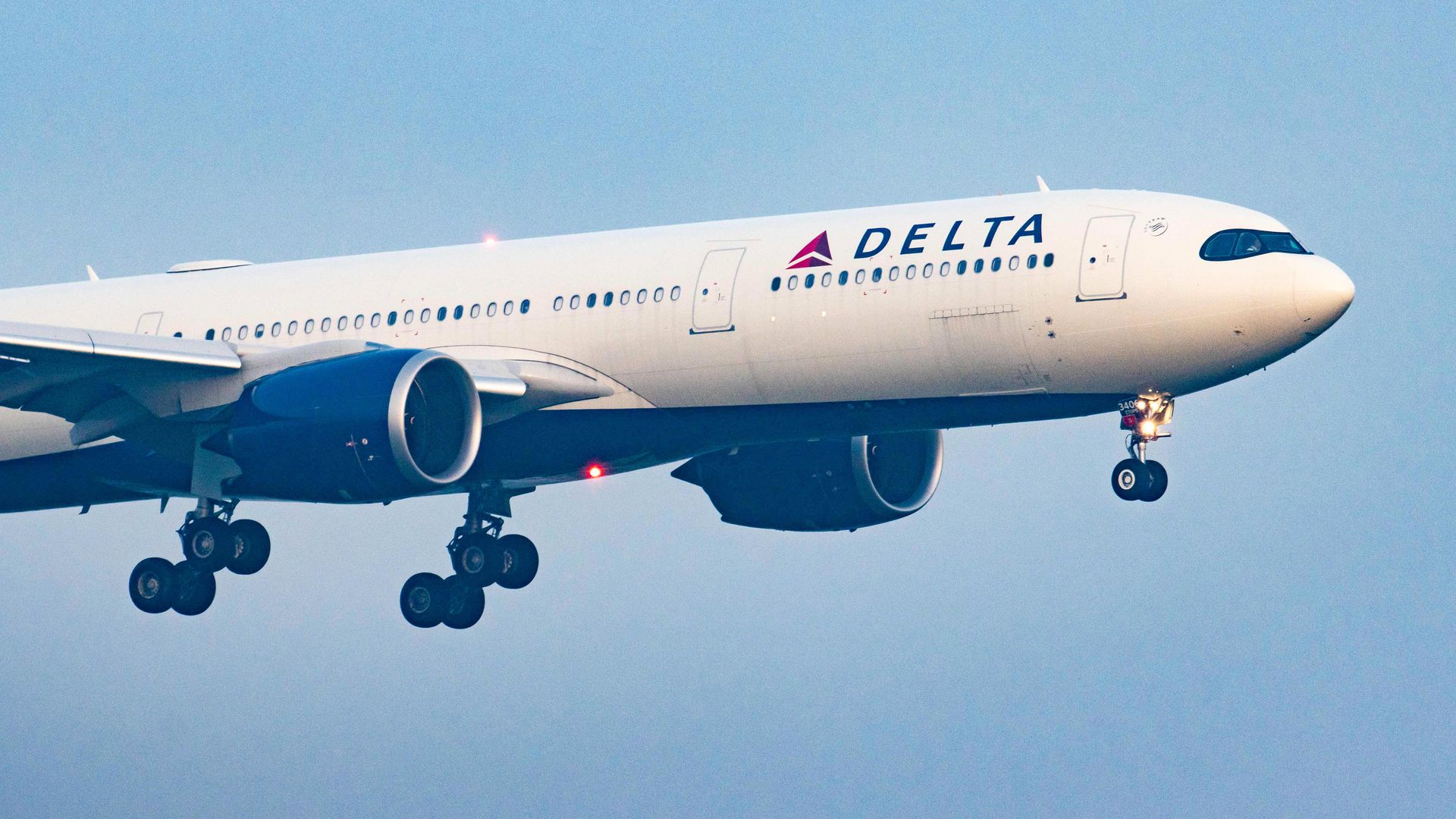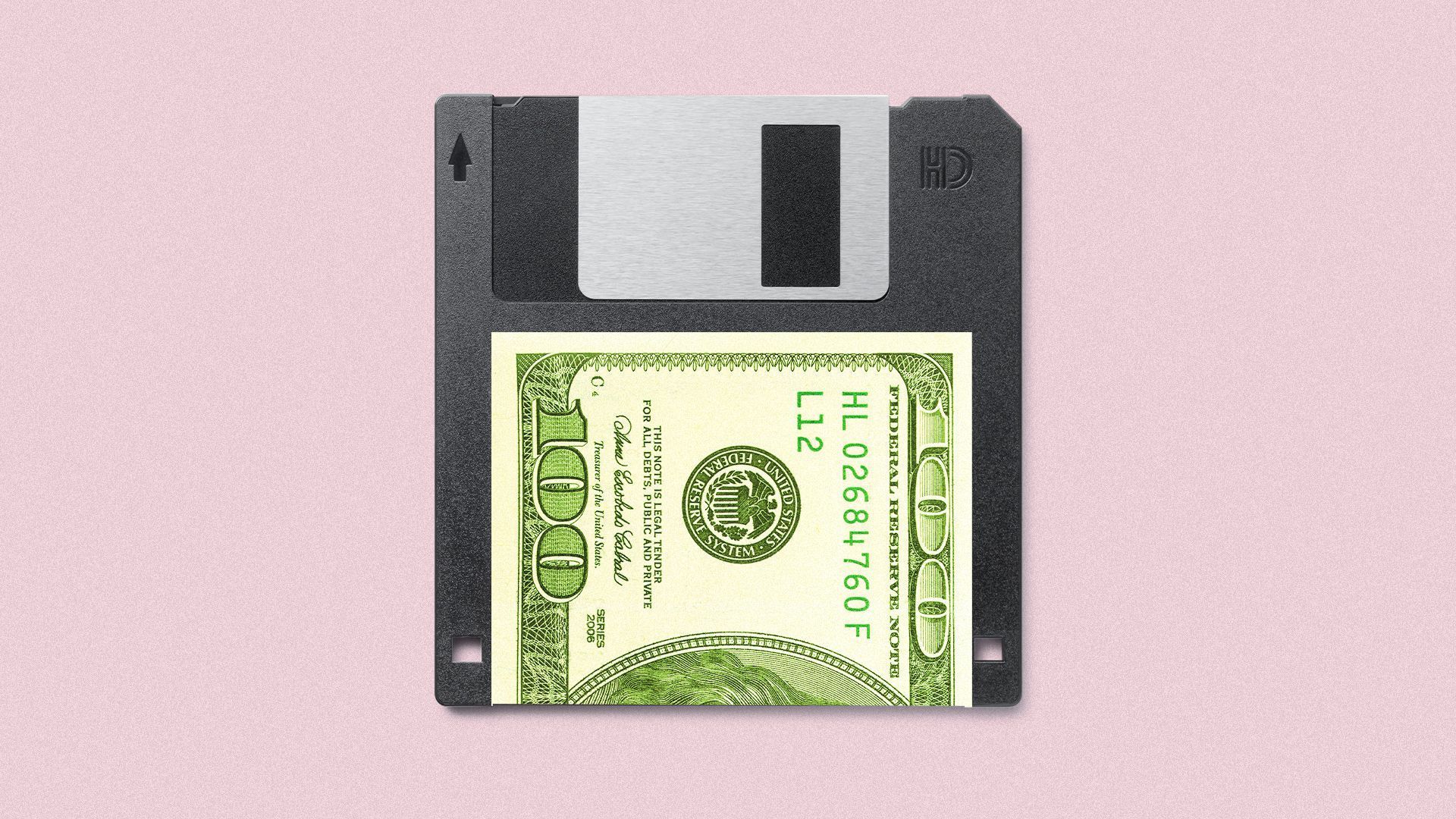| | | | | | | Presented By Aon | | | | Axios Markets | | By Kate Marino ·Oct 14, 2021 | | 🌅 Good morning, Markets crew! 🧵 Stat of the day: The price of sewing machines is down 10.3% over the last year — while most prices have gone the opposite direction. What happened to the pandemic lift for DIY and crafting? 🤔 📝 As always, send any feedback or tips to kate.marino@axios.com, or find me on Twitter @theKateMarino. 📈 Today's newsletter is 1,200 words, a 4.5-minute read. | | | | | | 1 big thing: Global energy crisis could dim climate hopes |  | | | Illustration: Annelise Capossela/Axios | | | | The energy crisis around the world is hitting households and manufacturers that were already struggling to recover from the global pandemic, Axios' Felix Salmon and Andrew Freedman write. Why it matters: This is a perfect storm of crises. It features supply shortages, especially from China; inflation; slowing growth; labor shortages; Russia's continued geopolitical muscle-flexing; and, of course, the fear that the world will burn to a crisp. By the numbers: Around the world, the demand for coal is far outstripping supply. The price of coal on the Nymex exchange in New York reached $274 per tonne on Oct. 5. A year ago, it was $57. - European natural gas prices rose by roughly 500% between early May and early October before easing slightly.
What's next: The UN Climate Summit in Glasgow begins on Oct. 31. - This crisis is likely to make China and India more reluctant to commit to phasing out coal-fired power plants in the near term. The current crisis demonstrates that they need all the energy they can get, whatever the source.
What's happening: A combination of weather-related issues (many of which are related to climate change), unexpected demand and planned outages have sent natural gas and coal prices through the roof. - China's energy shortage has already caused high-tech manufacturing centers to close their doors.
- India is in even worse shape, with much less ability to bring new power sources online.
- In the U.K., the surge in natural gas prices saw many companies go bust, while the EU has been reminded of how uncomfortably reliant it is on Vladimir Putin's Russia for its energy needs.
The big picture: Inflation is bad, but energy-price inflation is terrible. It hurts the poorest the most and scares up memories of 1970s-style stagflation, where rising prices are combined with anemic growth. - The global energy transition to renewables is well underway but hasn't come quickly enough.
- "Pressures on the energy system are not going to relent in the coming decades," writes the International Energy Agency in its latest World Energy Outlook, released on Wednesday.
The bottom line: The world is still reliant on fossil fuels for much-needed growth. The problems with that aren't just intergenerational. They're right here, right now. |     | | | | | | 2. Catch up quick | | Federal Reserve officials worried at their September meeting that supply chain disruptions were amplifying the risk of longer-term inflation. They discussed reducing emergency bond purchases by $15 billion per month, starting as soon as mid-November, minutes from the meeting show. (WSJ) About 10,000 unionized Deere & Company workers went on strike early today after overwhelmingly rejecting a contract proposal that the tractor manufacturer had worked out with the union's negotiators. (Axios) JPMorgan, the first of the big banks to report Q3 earnings, reaped record fees on M&A deals but reported challenges in loan growth – and shares slid on Wednesday. (Bloomberg) |     | | | | | | 3. Rent warning |  Source: FRED (Index: 1982-1984=100); Chart: Axios Visuals A new red flag showed up in Wednesday's Consumer Price Index: The amount that Americans pay for shelter rose sharply in September. Why it matters: Rent is a big-ticket item — it's the single largest monthly expense for many people. And when rent rises, it tends to be somewhat sticky. - "We think [the cost of shelter] will play a more pronounced role in determining inflation and the shaping of inflation expectations going forward," Joe Brusuelas, chief economist at RSM US, wrote in a research note.
Details: Rent at primary residences grew 0.5% last month, the largest monthly increase since 2001. - The cost of shelter overall, which includes rent and "owner equivalent rent" for homeowners (up 0.4%), makes up 32% of the CPI index — so rises here carry weight.
- Over the last 12 months, shelter is up "only" 3.2%, which is more than historical inflation averages — but still lower than the current headline 5.4% rate.
What they're saying: "While one month does not make a trend, this is an early signal of stronger persistent inflation pressures materializing," Bank of America analysts wrote of the rent figures, in a report Wednesday. Context: Rents in some markets may still be making up lost ground from the depths reached last year. The bottom line: "This might just be an overshoot after a couple of relatively modest increases, but we can't rule out the idea that the fundamentals — rapid house price gains, more aggressive landlord pricing, low inventory, and faster wage growth — are pushing up the trend," writes Ian Shepherdson, chief economist at Pantheon Macroeconomics. |     | | | | | | A message from Aon | | New risks require better decisions | | |  | | | | In the wake of COVID-19, Aon surveyed 800 leaders across the U.S., the EU, the United Kingdom and Canada to learn how the experience has changed how companies integrate risk assessment, data and expertise to mitigate volatility. Here's what they said. | | | | | | 4. Delta Airlines' top headwind |  | | | Photo: Nicolas Economou via Getty Images | | | | Delta Airlines' biggest concern for the fourth quarter isn't "the variant" — as CEO Ed Bastian refers to it — it's fuel costs. The big picture: Warnings like Delta's are a natural result of the global chaos that Felix and Andrew spelled out above. Driving the news: Delta reported earnings Wednesday, booking its first quarterly profit (without federal aid) since the start of the pandemic. - The company has a number of tailwinds. For one, bookings have increased — including for business travel — since COVID cases started receding last month.
- Overall revenue is expected to hit 75% of pre-pandemic levels by the end of the year, from just 25% at the start (and that's without most international travel).
But, but, but: Just how much the cost of jet fuel rises, and how long it stays there, will determine whether the airline turns a profit in Q4, Bastian told CNBC. - Fuel is Delta's second-largest individual cost, after labor. "It's up 60% this year, and almost 20% just in the last month or so," he said.
The bottom line: Higher energy costs are likely to show up as risk factors in more companies' Q3 earnings comments. |     | | |  | | | | If you like this newsletter, your friends may, too! Refer your friends and get free Axios swag when they sign up. | | | | | | | | 5. GitLab to debut on the Nasdaq |  | | | Illustration: Aïda Amer/Axios | | | | Code hosting company GitLab will begin trading this morning on the Nasdaq after raising about $800 million at a valuation of about $11 billion in an initial public offering, Axios' Kia Kokalitcheva writes. Why it matters: This is a milestone that GitLab's older and arguably better-known rival, GitHub, didn't get to experience. GitHub, instead, sold to Microsoft in 2018 for $7.5 billion. - While both companies have also been early proponents of distributed workplaces, GitLab has continued to fully embrace the model. It became an evangelist and role model for that approach over the past year and a half as other companies had to quickly transition to working outside the office.
Catch up quick: GitLab began in 2011 as an open source project for managing code repositories (based on the version control program git) and established itself as a company in 2014. It participated in Y Combinator's startup accelerator in 2015. - Since then, it has expanded into multiple categories of products. "The biggest misunderstanding we're seeing is that GitLab is an alternative to GitHub and we've grown beyond that... We are now in nine categories all the way from planning to monitoring," CEO Sid Sijbrandij told TechCrunch in 2018.
1 sports thing: Football legend and former San Francisco 49ers player Joe Montana is among GitLab's earliest investors, putting in $100,000 into the company via his Liquid 2 Ventures firm back in 2015. - "We're all pretty pumped," he told CNBC. "This is going to be a monster for us."
Go deeper. |     | | | | | | A message from Aon | | Better decisions are powered by data, analysis and expertise | | |  | | | | The COVID-19 pandemic proved that data alone is no longer sufficient in mitigating new risks: Surveyed C-suite leaders and senior executives are looking beyond the numbers to inform actionable insights and better decisions for their businesses. | | | | 📫 Thanks for reading. A reminder that your family, friends and colleagues can subscribe to Markets or any of Axios' other free newsletters through this link. |  | | It'll help you deliver employee communications more effectively. | | | | | | Axios thanks our partners for supporting our newsletters. If you're interested in advertising, learn more here.
Sponsorship has no influence on editorial content. Axios, 3100 Clarendon Blvd, Suite 1300, Arlington VA 22201 | | | You received this email because you signed up for newsletters from Axios.
Change your preferences or unsubscribe here. | | | Was this email forwarded to you?
Sign up now to get Axios in your inbox. | | | | Follow Axios on social media:    | | | | | |












No comments:
Post a Comment